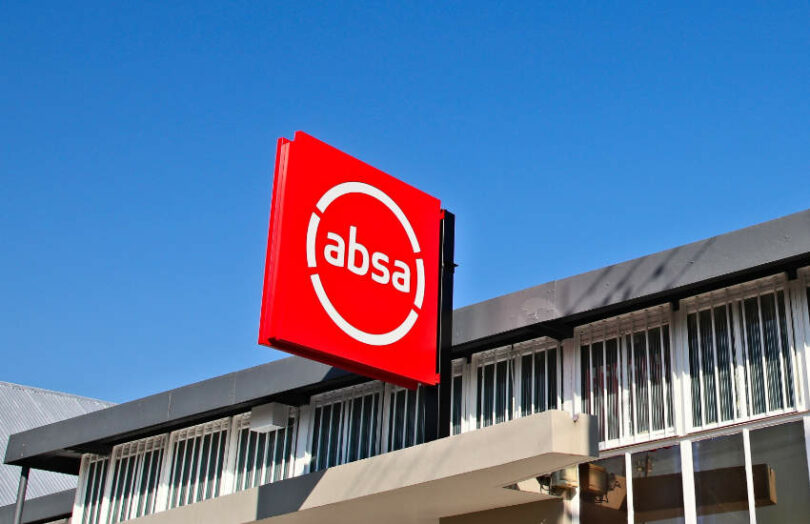Yesterday Contour announced plans for Absa Corporate and Investment Bank (Absa CIB) to join its trade finance network for end-to-end Letter of Credit settlement. Absa is the third largest banking group in South Africa and has a presence in 15 countries, including a dozen in Africa. Once Absa finalizes negotiations, it will count as Contour’s twentieth banking member.
Contour helps to digitize the paper-heavy Letter of Credit workflow, reducing the process from five to ten days to less than 24 hours. Digitization is increasingly getting more attention, with many of the world’s largest freight ship owners committing to digitize the bills of lading which serve as proof of cargo ownership. Bills of lading are a critical element of the Letter of Credit process.
Currently, Contour has superb coverage in Asia, with the top five trade finance banks in the region as network members (BNP Paribas, HSBC, StanChart, DBS and Citi). But so far, Standard Chartered has been primarily responsible for its African coverage. The demand is more pressing because the African Continental Free Trade Area (AfCFTA) aims to increase intra-continental trade by 52.3 percent.
“Digitisation is essential to the democratisation of trade finance in Africa, assisting SMEs to gain access to the much-needed financing to stimulate trade,” said Michelle Knowles, Head of Trade and Working Capital at Absa CIB. “Absa has been investing in digital capabilities over the past five years, our future access to Contour’s platform is a step forward in further developing our digital roadmap.”
Meanwhile, two of the four major blockchain trade finance networks have shuttered: we.trade and Marco Polo. The survivors, Contour and komgo, both started by focusing on letters of credit.
Apart from signing banks, Contour has also been progressing with tech partnerships. Last year it announced an integration with Finastra, and earlier this week with Suprecomp, the digital trade finance solution provider.






